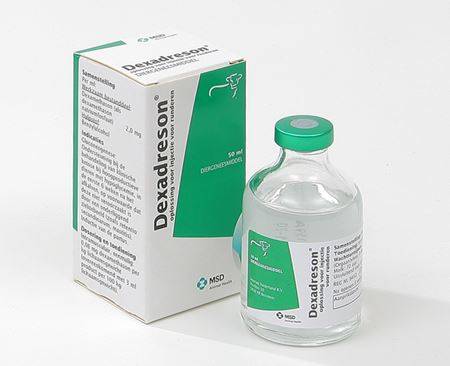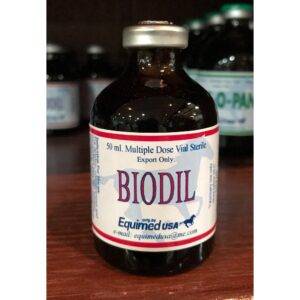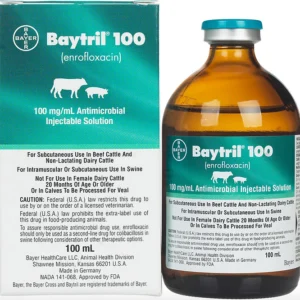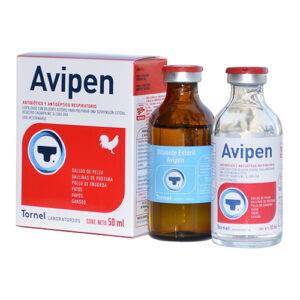Dexadreson Injection
Dexadreson Injection is a veterinary medication containing Dexamethasone, a potent synthetic corticosteroid used for its anti-inflammatory, anti-allergic, and immunosuppressive properties. It is commonly used in horses, cattle, dogs, and cats to treat a range of inflammatory and allergic conditions. Where to Buy Dexadreson injection, Dexadreson Injection for sale
Composition:
Dexamethasone: The active ingredient in Dexadreson is a corticosteroid that works by suppressing the immune system and reducing inflammation.
Dexadreson injection Uses in Horses
Dexadreson is used to treat various inflammatory, allergic, and autoimmune conditions in horses. Its primary functions include reducing inflammation, managing allergic reactions, and suppressing immune system overactivity. Common uses include:
Inflammatory Disorders: It is commonly prescribed to treat joint inflammation, arthritis, bursitis, and tendonitis in horses.
Allergic Reactions: Used to manage severe allergic reactions such as those caused by insect bites, food allergies, or environmental allergens.
Respiratory Conditions: Horses suffering from respiratory issues like Chronic Obstructive Pulmonary Disease (COPD) or “heaves” may benefit from Dexadreson due to its anti-inflammatory effects on the airways.
Autoimmune Conditions: It helps control autoimmune diseases where the horse’s immune system attacks its own tissues. Dexadreson Injection for sale
Shock and Trauma: Used to manage acute shock or trauma in emergency situations to stabilize the animal.
Dermatological Conditions: Sometimes prescribed for skin conditions involving inflammation, such as allergic dermatitis.
Eye Conditions: It can be used in cases of uveitis, an inflammatory condition affecting the eyes of horses.
Dexadreson injection Administration:
Form: Dexadreson is available as an injectable solution. Where to Buy Dexadreson injection
Dosage: The dosage and frequency depend on the severity of the condition and the horse’s size. A veterinarian will calculate the appropriate dose.
Route of Administration: It can be administered intramuscularly (IM), intravenously (IV), or intra-articularly (directly into the joint) depending on the condition being treated.
Mechanism of Action:
Dexamethasone, the active component in Dexadreson, reduces inflammation by inhibiting the release of substances in the immune system that trigger inflammation. It also works by suppressing the immune system’s activity, making it useful in autoimmune conditions and severe allergic reactions.
Dexadreson injection Side Effects:
While Dexadreson is effective in managing inflammation and allergic responses, there are several potential side effects, particularly if used over long periods or at high doses:
Laminitis: One of the most concerning side effects in horses is laminitis, a painful inflammatory condition affecting the hooves, which can occur after corticosteroid administration.
Immunosuppression: Prolonged use of Dexamethasone can weaken the immune system, making the horse more susceptible to infections.
Gastrointestinal Issues: Prolonged or high-dose use can increase the risk of gastric ulcers or colic.
Delayed Wound Healing: Corticosteroids can interfere with the body’s ability to heal wounds or injuries, prolonging recovery times.
Increased Thirst and Urination: Some horses may show signs of increased thirst (polydipsia) and urination (polyuria).
Muscle Wasting: Long-term use can lead to muscle wasting or general weakness.
Behavioral Changes: Horses may become more irritable or hyperactive while on corticosteroids.
Cushing’s Syndrome: Long-term or high-dose corticosteroid use may lead to iatrogenic Cushing’s disease, characterized by excessive cortisol production and related symptoms such as fat redistribution, muscle wasting, and a weakened immune system.
Precautions:
Short-Term Use: Dexadreson should generally be used for short-term treatments to minimize the risk of severe side effects, such as laminitis and gastrointestinal issues.
Veterinary Supervision: Always administer under a veterinarian’s supervision, particularly in cases where long-term use may be required.
Pregnant Mares: Use in pregnant mares, especially late in gestation, should be approached with caution as Dexamethasone can cause premature labor or abortion.
Pre-existing Conditions: Horses with pre-existing conditions such as gastric ulcers, diabetes, or infections may need alternative treatments or closer monitoring if corticosteroids like Dexadreson are used.
Contraindications:
Systemic Infections: Dexadreson should not be administered to horses with active systemic infections, such as bacterial or fungal infections, unless they are being treated with appropriate antibiotics or antifungal medications.
Hypersensitivity: Horses that are hypersensitive or allergic to corticosteroids should not be given this medication.
Monitoring:
Veterinary Follow-up: Horses receiving Dexadreson, especially over extended periods, should have regular checkups to monitor for side effects such as laminitis or immune suppression.
Blood Work: In cases of long-term use, periodic blood tests may be recommended to monitor the horse’s liver and kidney function.
Differences Between Dexadreson and Other Corticosteroids:
Dexadreson vs. Dexacortyl: Both Dexadreson and Dexacortyl contain Dexamethasone as the active ingredient and serve similar purposes. However, different formulations may have slight variations in onset or duration of action.
Dexadreson vs. Dexa Plus or Dexa G Rapid: Dexadreson does not contain antibiotics, unlike Dexa G Rapid, which combines Dexamethasone with Gentamicin to address bacterial infections.
Withdrawal Period:
If used in performance horses, check the withdrawal period for Dexadreson. Corticosteroids like Dexamethasone are often regulated in competitive equestrian sports, and horses must undergo a specific withdrawal period before competing.
Where to Buy Dexadreson injection
Dexadreson can be obtained through veterinary clinics or authorized veterinary pharmacies. Some online suppliers may carry it, but a prescription from a veterinarian is typically required due to the controlled nature of corticosteroids in many countries.
Summary of Key Points:
Active Ingredient: Dexamethasone
Uses: Treats inflammation, allergies, respiratory conditions, autoimmune diseases, and trauma.
Administration: Injectable (IM, IV, or intra-articular)
Side Effects: Laminitis, immunosuppression, delayed healing, gastrointestinal issues, and behavioral changes.
Precautions: Short-term use recommended; careful use in pregnant mares and horses with pre-existing conditions. Dexadreson Injection for sale
Monitoring: Regular veterinary follow-up is essential to minimize risks.





Reviews
There are no reviews yet.